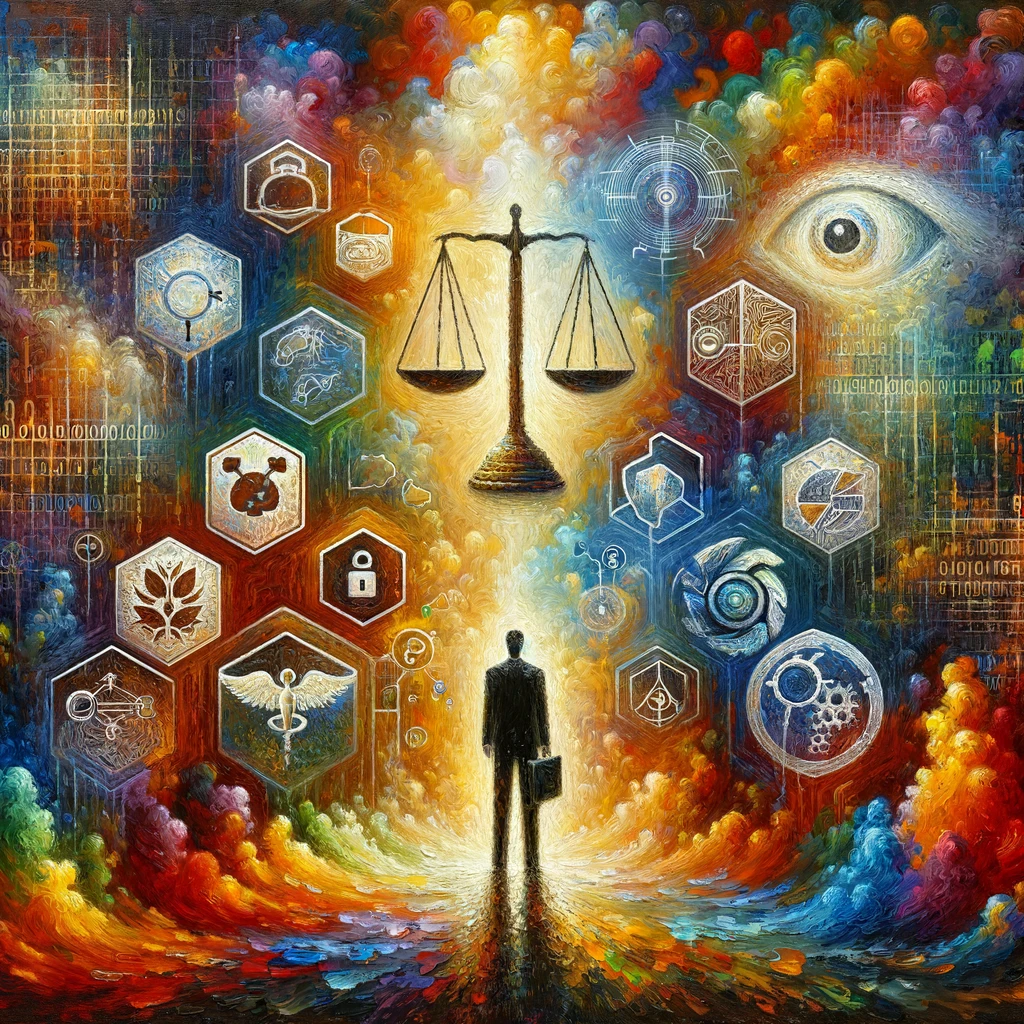Especially in agile, responsibility is an important topic: decentralized decisions, quick reactions to changes, etc. require responsibility to be lived.
Meaning
But what does responsibility actually mean? Christopher Avery describes the most important aspects in his excellent book “The Responsibility Process“.
The well-known quote “The pessimist complains about the wind; the optimist expects it to change; the realist adjusts the sails.” (by William Arthur Ward) impressively illustrates that although we do not always have control over the events in our lives, we always have the freedom to choose how we react on them. Viktor Frankl, an Austrian neurologist, psychiatrist and concentration camp survivor, emphasized that, despite all external forces, we always have the choice of how we respond to situations. This awareness of our own ability to act is the core of self-leadership.
Taking responsibility goes beyond fulfilling other people’s expectations; it means understanding oneself as the driving force behind one’s own life events.
Difference between responsibility and accountability
In contrast to accountability, which usually relates to the past and is often hierarchical, responsibility reflects our commitment to the present and personal involvement. This awareness is essential for a proactive, self-determined life full of mental health and satisfaction, regardless of external injustices. No one but ourselves can make us take responsibility – a key to true freedom and life fulfillment.
Taking responsibility
But how can we take responsibility and understand its effectiveness? Chris Avery makes this clear in the Responsibility Process he describes (you can find an illustration of the process here).
Responsibility Process
Whenever something is not the way we want it to be, e.g. when an error occurs, the responsibility process takes effect, which we go through step by step. While we initially try to
- deny the problem as long as possible, when we can no longer ignore the problem, we start to
- lay blame on other people and then justify external circumstances. At some point, we find ourselves as a disruptive factor, we feel shame at first and then we start to think about the possibility to quit. Not beeing trapped in this simple way out we recognize a sense of obligation.
- Only when we realize that we have consciously commitet to the obligation in the past, for example, we can recognize and accept our responsibility.
Example
An example, based on Christopher Avery’s Responsibility Processes template, may help to make the effects more comprehensible. To make this example as individually tangible as possible, it will be generated especially for you based on the topic you enter.
For example, enter your favorite hobby, your favorite (leisure) activity, your profession or another topic that is easy for you to grasp in a maximum of 3 words.
ChatGPT will then generate your own personal real-life example in about one minute (please be patient) to help you understand the effect of responsibility.
Feedback
If you have any comments, ideas, suggestions or other feedback about this article, feel free to send me an email at Feedback[at]scrummastersmind.com.
Sources:
- Avery, Christopher M. (2016), “The Responsibility Process: Unlocking Your Natural Ability to Live and Lead with Power“, ISBN 978-0997747201
